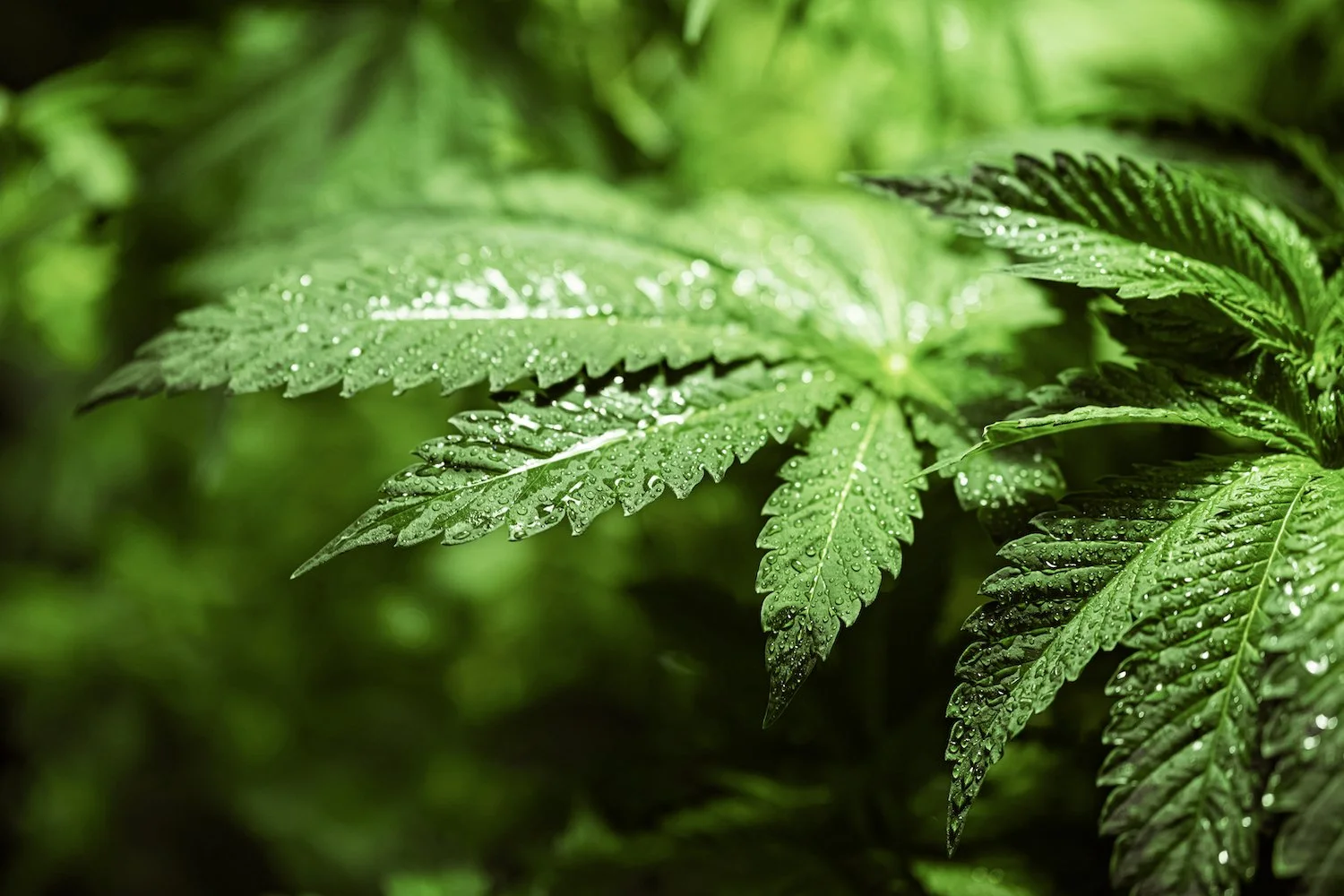As a 501c6 non-profit, CHIA (Connecticut Hemp Industry Association) supports hemp farmers, processors, manufacturers, businesses, distributors, retail outlets and consumers in Connecticut.
We do this by:
Advocating for fair, reasonable and responsible hemp legislation, policy and regulations.
Educating and informing the public about the health, environmental and economic benefits of hemp.
Providing networking and educational events throughout the State.
Working collaboratively with our members, government officials and the scientific/research community to create and establish hemp standards and best practices.
Showcasing our hemp farmers, manufacturers, and business members by creating a hub for hemp info in CT and promoting our local industry both online and off.
Our values in helping to develop a still immature industry:
focusing on People and Planet.
We support opportunity for all hemp – which includes our support for social equity in cannabis. We recognize the harmful effects of the War on Drugs which not only prohibited hemp for ~80 years, but also has imprisoned millions. The laws are more harmful than the plant. So, we also support our brothers and sisters on the medical and recreational side of cannabis – as well as all the different forms and uses of hemp.
We also support each other – and pledge not to publicly or privately disparage others in our hemp community. Our goal is to help people.
We support our environment by encouraging sustainability, regenerative agriculture and organic methods.
Sustainable Building Materials – hemp plant fibers result in higher quality and healthier living spaces. “Hempcrete” is considered by many to an ideal building material – offering energy efficiency with low thermal conductivity, high thermal capacity and high insulation values. Hemp bast can be a durable and energy effective replacement to fiberglass – is much lighter in weight and safer to install – and provides for better quality air circulation. Bast fibers can also be used as superior insulation when the hurd is poured directly into wall cavities which helps with sound absorption and fire-resistance in addition to lower heating and air-conditioning costs.
Soil & CO2 – Hemp crops are one of the greatest known carbon sequestration tools as the plant actually absorbs CO2. Farmers can turn their dirt back into soil using hemp as a rotation crop. For each acre of hemp grown, 1 ton of CO2 is removed from the atmosphere.
Alternative to petroleum-based plastics – Hemp fibers can be used to reduce the volume and the environmental impact of polymer-based plastics. Up to 50% of these polymers can be replaced with hemp to achieve more sustainable, environmentally friendly and cost effective products.
As industrial hemp is more widely adopted, more cost-competitive hemp products will enter the marketplace and the global environment and economy will benefit.
Hemp Research
Research on industrial hemp has been going on for over a decade. Research includes use of hemp hurd for battery development, for construction materials, for paper products, body products and intensive research into nutraceuticals made with specific cannabdiols found in industrial hemp.

